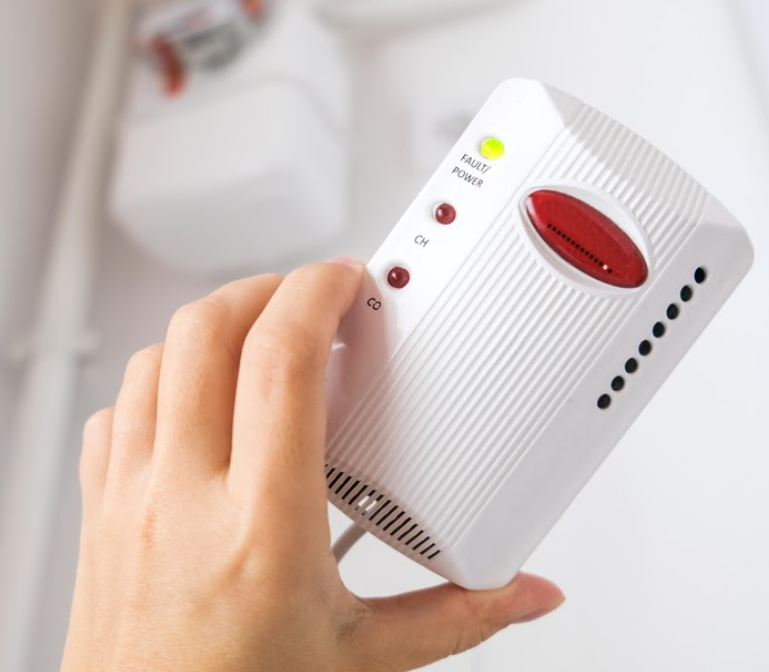How to Detect Them and What To Do About Them
Guest Post by Natalie lge
However, in instances where natural gas is improperly installed or maintained, too much of a good thing can eventually become a health risk and a source of danger in your home.
Today, we have a look at how you can detect gas leaks, when gas leak detection will be necessary, and what you should do should you notice that something may be awry in your home.
Read on to find out more!
Trust Your Sense of Smell
In most cases, the scent your nose picks up will be the first indicator that something’s wrong.
Although gases such as carbon monoxide and methane remain relatively scentless, the vast majority of appliances that run on natural gas in our homes contain a harmless chemical known as mercaptan.
Mercaptan has a distinct smell that is often compared to rotten eggs, and it is a smell that is incredibly difficult to ignore.
If you smell gas in your home, it is imperative that you take immediate action.
Following the scent to its strongest point is the best way to detect your leak, and turning off all gas supply until you call a licensed professional is absolutely crucial.
Set Up A Carbon Monoxide Detector
Although not everyone may have a carbon monoxide detector at their disposal, they can come in very handy in a situation such as a gas leak.
All of your gas-powered appliances, such as furnaces and stoves are equipped with vents that safely remove carbon monoxide in the home.
However, if any of your vents get blocked, this deadly gas can leak into the home and silently poison its residents.
Symptoms of carbon monoxide poisoning include feeling weak, sleepy, and or nauseous, and in extreme cases death.
The best way to remain vigilant is with the help of a carbon monoxide detector which will be able to quantify information for you instantly.
The Soapy Water Test
This method of testing for a gas leak may sound like an urban legend or old wive’s tale, but you’ll be surprised at how effective it really is.
The soapy water test involves mixing a concentrated solution of a teaspoon of dish detergent with one cup of plain water.
Apply this solution to areas in which you suspect you may be experiencing a gas leak and look for bubbles to form that indicate escaping gas.
Sounds crazy, but it’s a tried and tested method that has worked for many folks all around the world.
Use A Gas Leak Detector
Lastly, the most efficient way of detecting a gas leak is with a dedicated gas leak detector.
These devices can be purchased at your local electronics or hardware shop and are able to detect flammable, toxic, or combustible gases in your home.
All you have to do is run a quick check over your appliances to ensure all outlets are safely sealed.
In the event of a gas or leak, your detectors will allow you to contact relevant emergency response teams in a timely fashion.
What Do I Do If I Detect a Gas Leak?
Detecting a gas leak is one thing, but what you do after it is equally as important.
If you have detected a potential leakage in your home, it is important that you take immediate safety measures.
If you are experiencing symptoms such as nausea, lightheadedness or lethargy, it is crucial that you contact a doctor immediately or head to your local emergency department.
If you suspect a gas leak, avoid lighting candles, cigarettes or any form of open flame.
You should also turn off any gas-run appliances in your home and remove pets, children and loved ones from the home.
Once you have done this, call your local gas provider and let them know of your findings.
Your gas provider should walk you through the necessary steps you need to take and establish a time that a licensed representative can come to your home to confirm and or fix the problem.
The threat of a gas leak in your home can be a very daunting thing to face, but ensuring that you are well versed in how to spot danger and the proper steps to take in the event of leakage is key to keeping your family safe and sound.
We hope that this article has given you some insight into how you can assess a potential gas leak and everything else you need to do to keep yourself safe. All the best!
